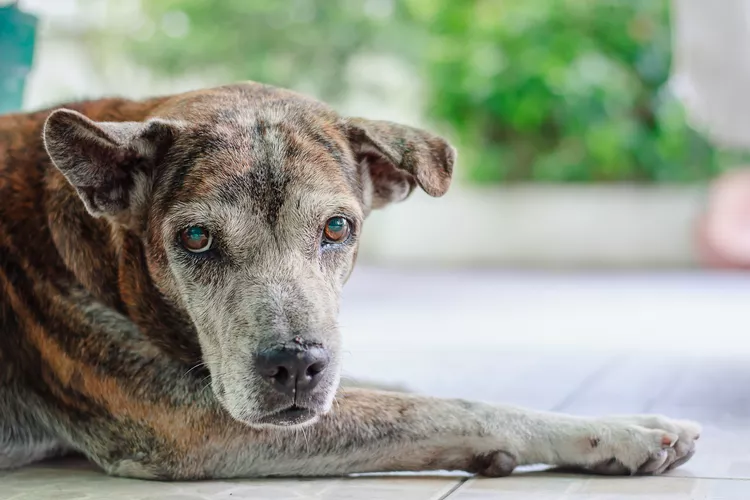
Older dogs of both sexes can struggle with incontinence, which is the inability to control the elimination of urine and/or stool. Common causes of incontinence in senior dogs include urinary tract infections, kidney disease, arthritis, and dementia.
Supplements and medications can help treat incontinence in dogs, though if there is a root health issue causing it you can certainly treat that. Learn the causes of incontinence in older dogs and strategies for dealing with it.
Incontinence is the inability to fully control the bladder and/or bowels. A dog that looks at you and squats to eliminate is probably not incontinent. When a dog is truly incontinent, urination and/or defecation can happen without the dog realizing it until it's too late. This can make the dog feel shame and even worry about being disciplined. True incontinence is not your dog's fault. Common findings in incontinent dogs include:
In the early stages of incontinence, it may just seem like your dog cannot hold it. It's a good idea to start letting your older dog out to go potty more often than usual.
If your older dog begins to have accidents in the house, try first to determine the cause. Is your dog knowingly peeing or pooping in the house? This could be related to a medical condition or a behavior problem.
The first thing to rule out is a health issue. Contact your vet for a checkup. Senior dogs should see the vet more often than younger dogs; twice per year exams are often recommended. Your vet will probably want to test your dog's urine and blood.
The most common health-related cause of urinary accidents is a urinary tract infection. If this is the cause, your vet will put your dog on antibiotics. Urinary issues can also result from bladder stones or tumors. These might require surgery.
Urinary tract infections and other urinary issues may be related to kidney disease, especially in older dogs. Kidney disease causes the body to drink more water and urinate more. All of this can be difficult for a senior dog to handle, causing inappropriate urination.
GI problems can cause diarrhea and other stool issues that can look like incontinence. If your dog's stools seem abnormal, your vet might want to do X-rays or an ultrasound to look at the abdomen.
Problems with the spine can lead to nerve issues that cause incontinence. Dogs with intervertebral disc disease or traumatic spinal injuries can develop incontinence. Medical or surgical treatment may not fix the problem if the nerve damage is bad enough.
Arthritis is a common problem in older dogs that affects mobility. Your dog may be stiff and achy, making it difficult for him to get in the right position to urinate and/or defecate. He might be holding it because of this. Then, when he can't hold it any longer, he has an accident.
Problems in the brain can affect a dog's ability to control his bladder and/or bowels. This may be a brain tumor or infection that has damaged a part of the brain. Or, more commonly, it may be dementia. Also called canine cognitive dysfunction or senility, dementia causes a dog to lose his memory, have trouble concentrating or focusing, and experience personality changes. Dogs with dementia often become anxious and act disoriented. One of the earlier signs of dementia is "forgetting" training, such as house training.
There is no cure for dementia, but there are ways you can help your dog cope. There are also some medications and supplements that can ease symptoms and slow the progression of the disease.
Some dogs will benefit from medications and supplements for urinary incontinence. However, incontinence due to dementia cannot be treated the same way. If your dog is incontinent and there is no treatment to stop it, you can make some adjustments to improve your dog's quality of life and preserve your sanity.
It can be hard to deal with these issues as your dog ages, but your dog deserves to live out his golden years as comfortably as possible.
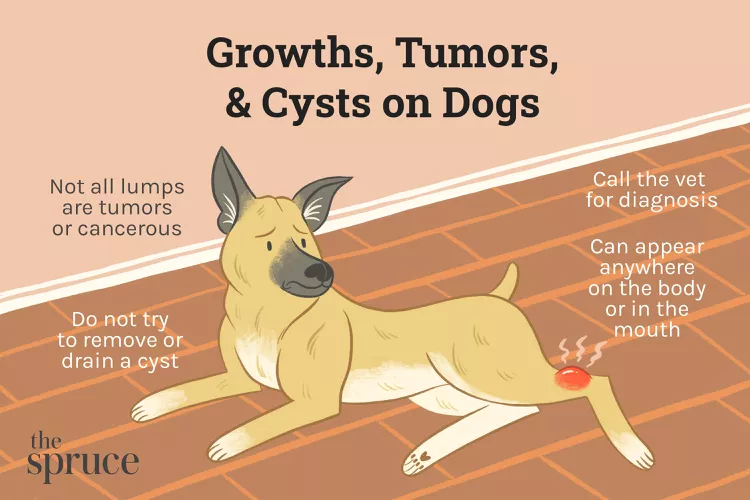
Tumors, Growths, and Cysts in Dogs
Tumors, lumps, growths, or cysts are commonly found on dogs. Learn the causes, treatments, and preventative measures.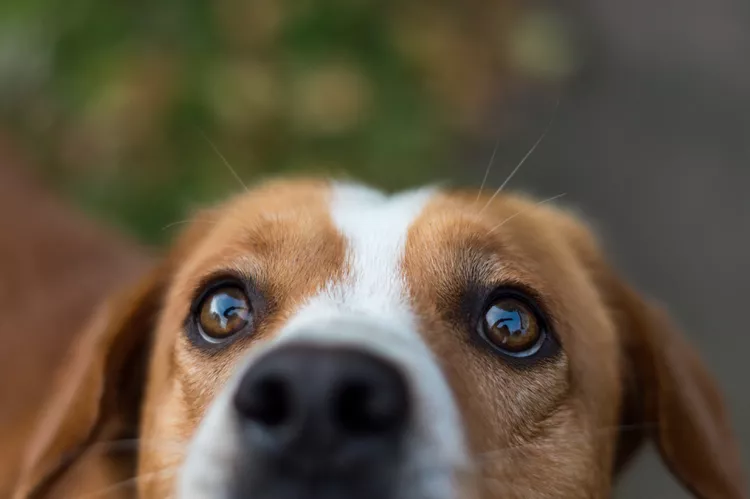
Eye Injuries and Infections in Dogs
Dogs can suffer eye injuries that range from mildly irritating to serious medical emergencies. Learn the causes, treatment, and prevention.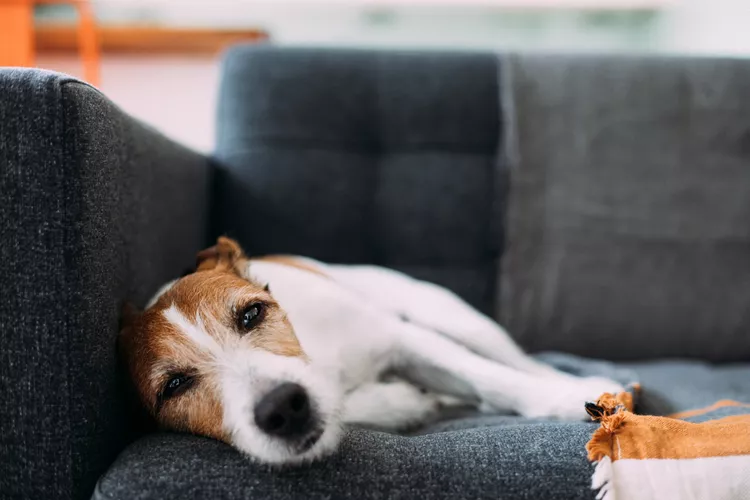
Vestibular Disease in Dogs
Vestibular disease affects a dog's balance and eye movements. Find out about the signs, causes, and treatment of vestibular disease in dogs.
Is Acetaminophen Safe for Dogs?
Acetaminophen is used by humans for pain and fever relief, but is it safe for dogs? Here's what you need to know before giving your dog acetaminophen.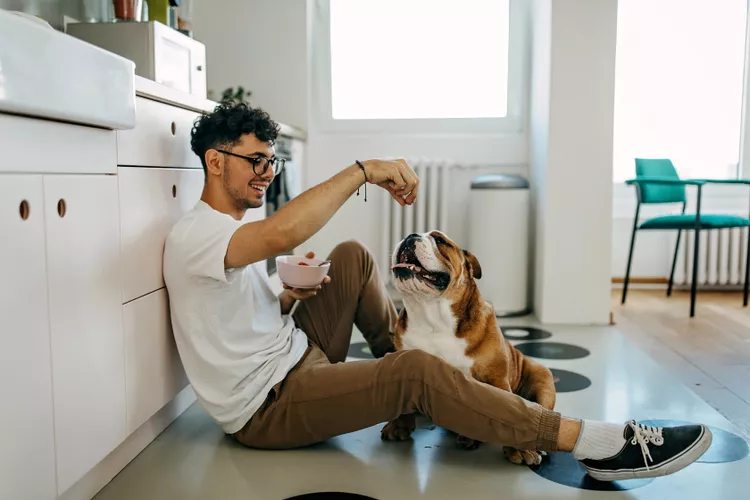
Can Dogs Eat Zucchini? Everything to Know About This Hardy Summer Squash
Zucchini is a nutritious food that's safe for dogs to eat in moderation. This low-calorie, high-fiber vegetable can be incorporated as a healthy treat in a dog's balanced diet. Learn more about its health benefits, potential risks, and how to prepare it.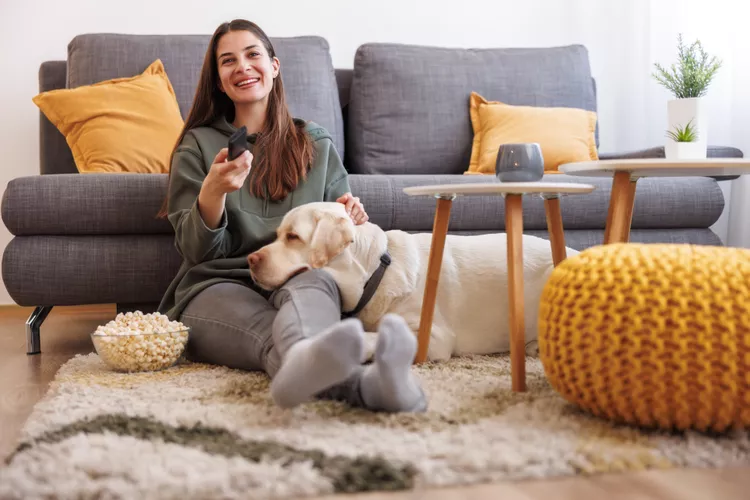
Can Dogs Eat Popcorn? What You Need to Know for Movie Night
Dogs can eat popcorn, but there are safety concerns. Find out how to safely feed your dog popcorn and what you should do if you're concerned.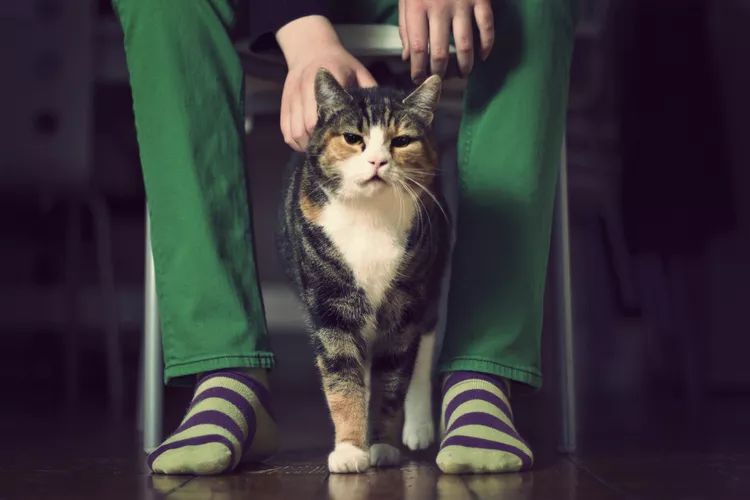
65 Irish Cat Names
Irish cat names can pay homage to historical places, local cuisine, famous Irish actors and musicians, or other wonderful aspects of the Emerald Isle.
46 Egyptian Cat Names
Whether inspired by notable Egyptian deities, locales, or pharaohs, Egyptian cat names can bring out the divinity of your noble feline companion.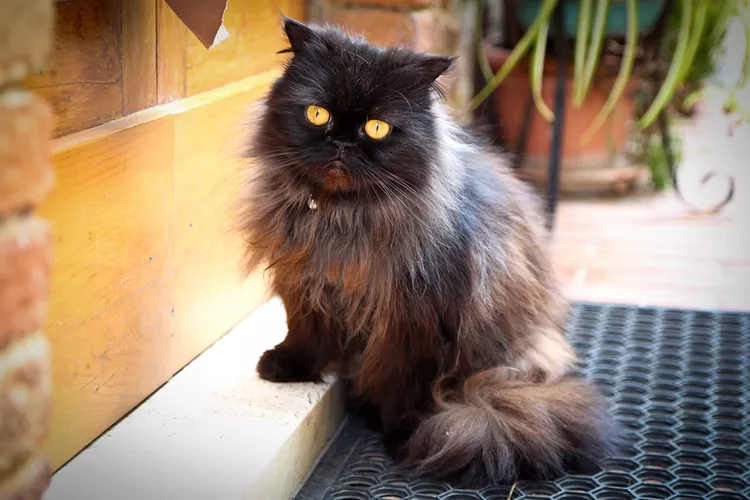
Are Ant Traps Safe for Cats?
Here's how to know if ant traps are safe for cats and how to keep yours free from harm if you have an ant problem.
The 6 Best Cat Nail Clippers of 2024 for a Safe Trim
Clipping your cat's nails can save your furniture and keep your kitty comfortable. We asked veterinarians for their cat nail clipper recommendations.
Is Neosporin Safe for Cats?
A brief summary of concerns a cat owner should be aware of before putting Neosporin on their cat, plus tips for things they can use at home instead.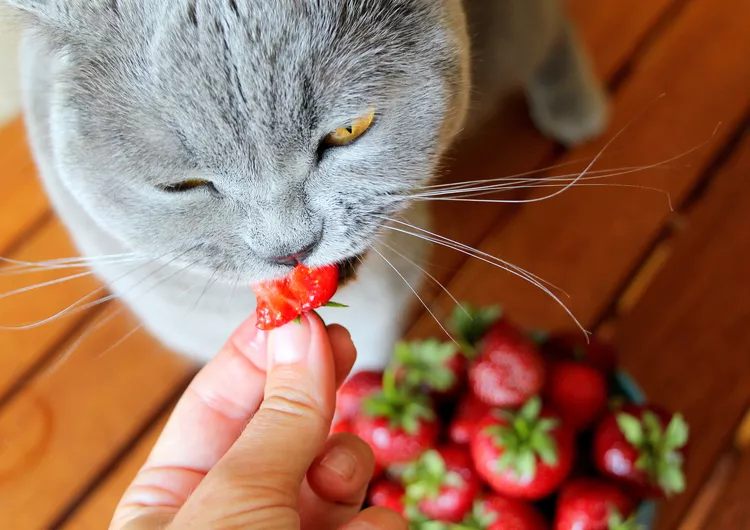
Can Cats Eat Strawberries? How to Safely Share This Summer Berry
Although cats are primarily meat eaters, strawberries may be an interesting and tasty snack for your feline friend. Find out the risks of feeding strawberries to cats and how to safely let your cat enjoy this fruit.
Cute Pictures & Facts About Calico Cats & Kittens
Learn fascinating facts about calico cats, including photos, the genetics behind this color combination, and common folklore and traditions.
12 Most Popular Cat Breeds for Feline Lovers
These 12 cat breeds, like the Siamese and Sphynx, are known for their unique appearances and personalities. Learn what makes them so popular.
Balinese: Cat Breed Profile, Characteristics & Care
The Balinese cat is playful, sociable, elegant, intelligent, and a touch on the vocal side. Learn about the Balinese, including appearance, temperament, health, and care needs.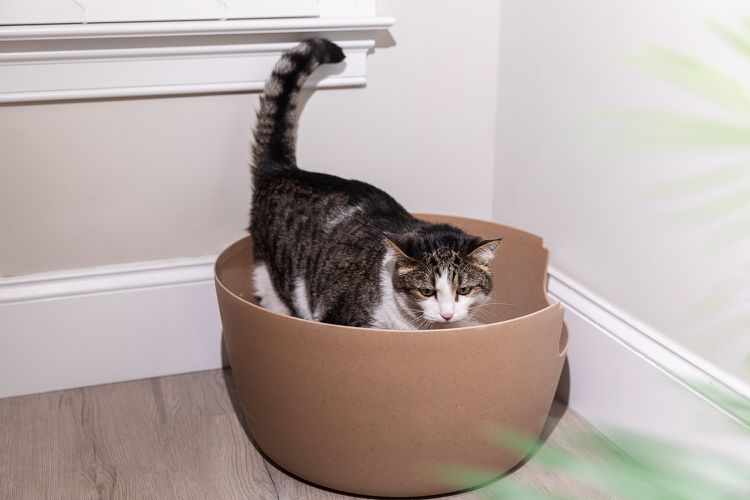
Why Cats Don't Always Cover Their Poop
Cats may not cover their poop for a few different reasons, including being territorial, sending a message to their owner, and not liking the litter.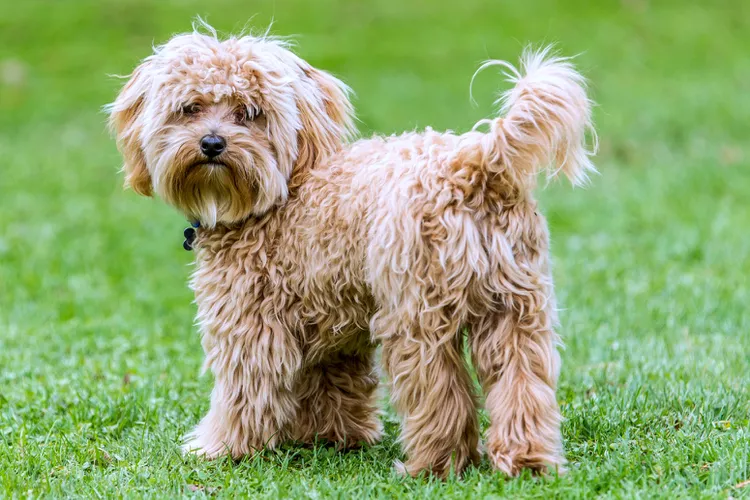
Cavapoo: Dog Breed Characteristics & Care
The Cavapoo is a hybrid of the Cavalier King Charles spaniel and a toy or miniature poodle. Learn why these teddy-bear-looking dogs make the perfect addition to your family.
Why Dogs Eat Poop and How to Stop Them
Is your dog eating poop? Some dogs do this because of stress or illness. Learn how to prevent stool eating, or coprophagia, in dogs.
Can Dogs Get Depression? How to Help Your Sad Dog
Can dogs get depression? Learn about the signs of depression in dogs and find out how to help your sad dog.
4 Reasons Why Your Dog Licks Their Butt
Butt-licking in dogs can be a part of normal grooming, but excessive butt-licking is not normal. Read about the most common reasons for this behavior.